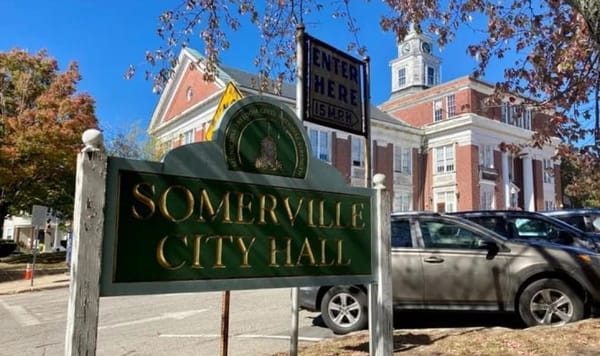Vernonburg Group Calls for Urgent Universal Service Overhaul
Trade groups join a push to use USF to fund affordable connectivity efforts.

WASHINGTON, June 13, 2024 – Greg Guice, Chief Policy Officer at the Vernonburg Group, a consulting firm with the aim of closing the digital divide, is pushing for a critical overhaul of the Universal Service Fund to permanently fund programs similar to the recently lapsed Affordable Connectivity Program due to lack of funding from Congress.
Guice emphasized the critical role of the USF in ensuring all Americans have access to quality communication services, a commitment rooted in the original Communications Act of 1934. Following the lapse of the ACP on June 1, concerns have arisen among those depending on the program for high-speed internet service, particularly those residing in rural areas.
The FCC is charged by Congress to develop the USF contribution mechanism, which relies solely on interstate telecommunications revenues. Notably, modern services including broadband, texting, video conferencing, cable television, and cloud-based services do not contribute to the program.
As a result, the contribution factor has risen significantly, currently around 34% and projected to increase to 36.2% in the third quarter. This trend highlights the challenge of maintaining the program's funding as the assessed revenues continue to decline over time. In response to this issue, efforts are underway to push Congress to address this revenue decline. Guice, representing the Affordable Broadband Campaign, which advocates for sustainable broadband affordability, emphasized that the decline cannot continue.
“We're working as part of the Affordable Broadband Campaign to try to push the agency to think about what that means, because this revenue decline can't continue to occur. We need it to increase,” Guice said, adding that the USF must promote advanced telecom services that will make more high-quality services available to more people at affordable ratings.
“If we don't fix the contribution mechanism, we can't afford to help low-income families. Universal service cannot do what the ACP did,” he warned. “It's simply too costly under the current contribution mechanism. So as it's currently structured, we're doing all we can to help low-income families under the universal service program.”
In comments to the FCC on June 7, telecommunications lobbying association USTelecom said that the USF is critical for the deployment and maintenance of broadband networks. While the $42.5 billion Broadband, Equity, Access and Deployment program and other non-USF funding programs significantly contribute to broadband deployment, “these programs will not address the cost of maintaining and operating broadband networks in those same areas.”
USTelecom urged the FCC in January to implement new fees on Big Tech and use those funds to enhance broadband networks and affordability programs, stating that the FCC needs to “focus on the Big Tech companies who benefit the most from broadband connectivity and are the largest in terms of revenues and/or market capitalization."
FCC Commissioner Brendan Carr, a Republican, claimed in 2021 that “Big Tech has been taking advantage of our Internet infrastructure without contributing to the billions of dollars required to maintain and develop that network.”
Some nonprofit organizations, such as Computer Reach, FreeGeek, and Digitunity, are actively working to bridge the digital divide after the ACP lapse, in which they are distributing devices, refurbishing computers, conducting digital navigator visits, and securing supplies from the corporate sector and other large institutions.








